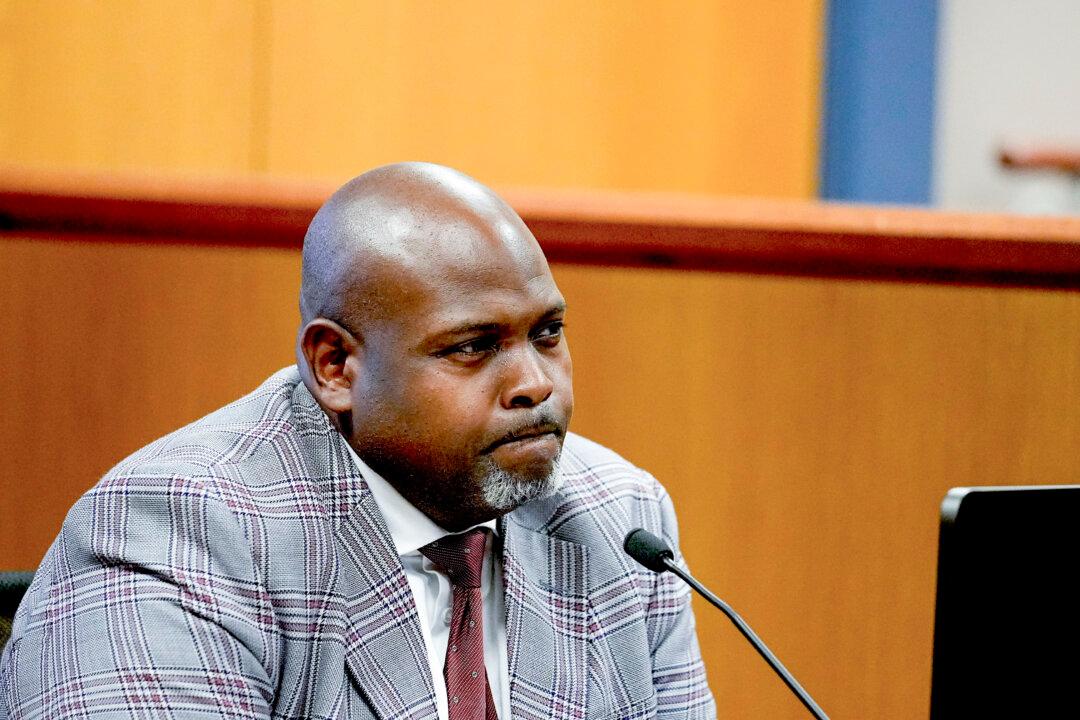Terrence Bradley, former law partner and attorney to special prosecutor Nathan Wade, testified about Mr. Wade and Fulton County District Attorney Fani Willis’s relationship in a public court hearing on Feb. 27, responding to attorneys that accused him of misleading the defense with his representations of the relationship.
Mr. Wade and Ms. Willis’s relationship has been at the center of a motion to disqualify the prosecutors from the high-profile election case naming former President Donald Trump and 14 others in an alleged racketeering scheme.





